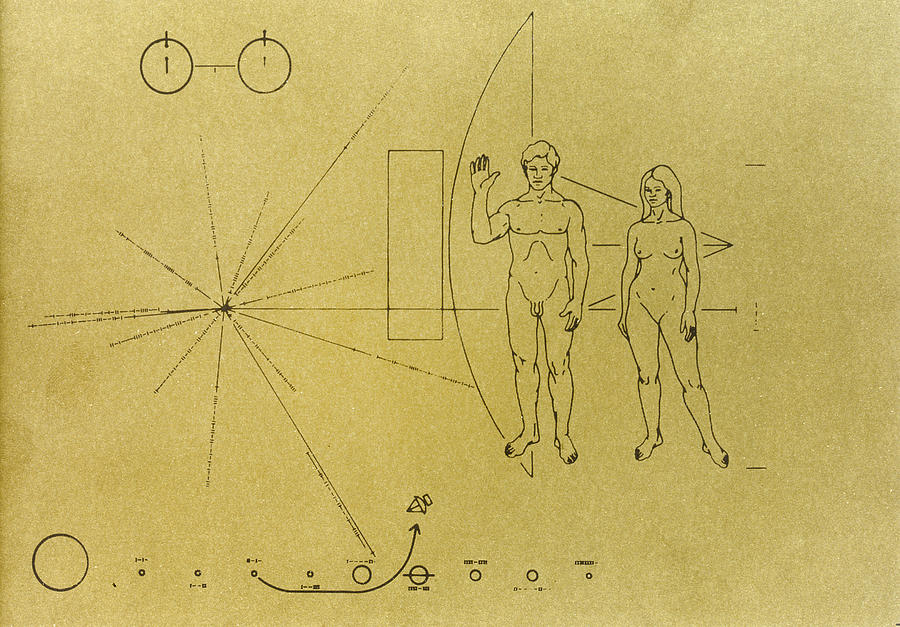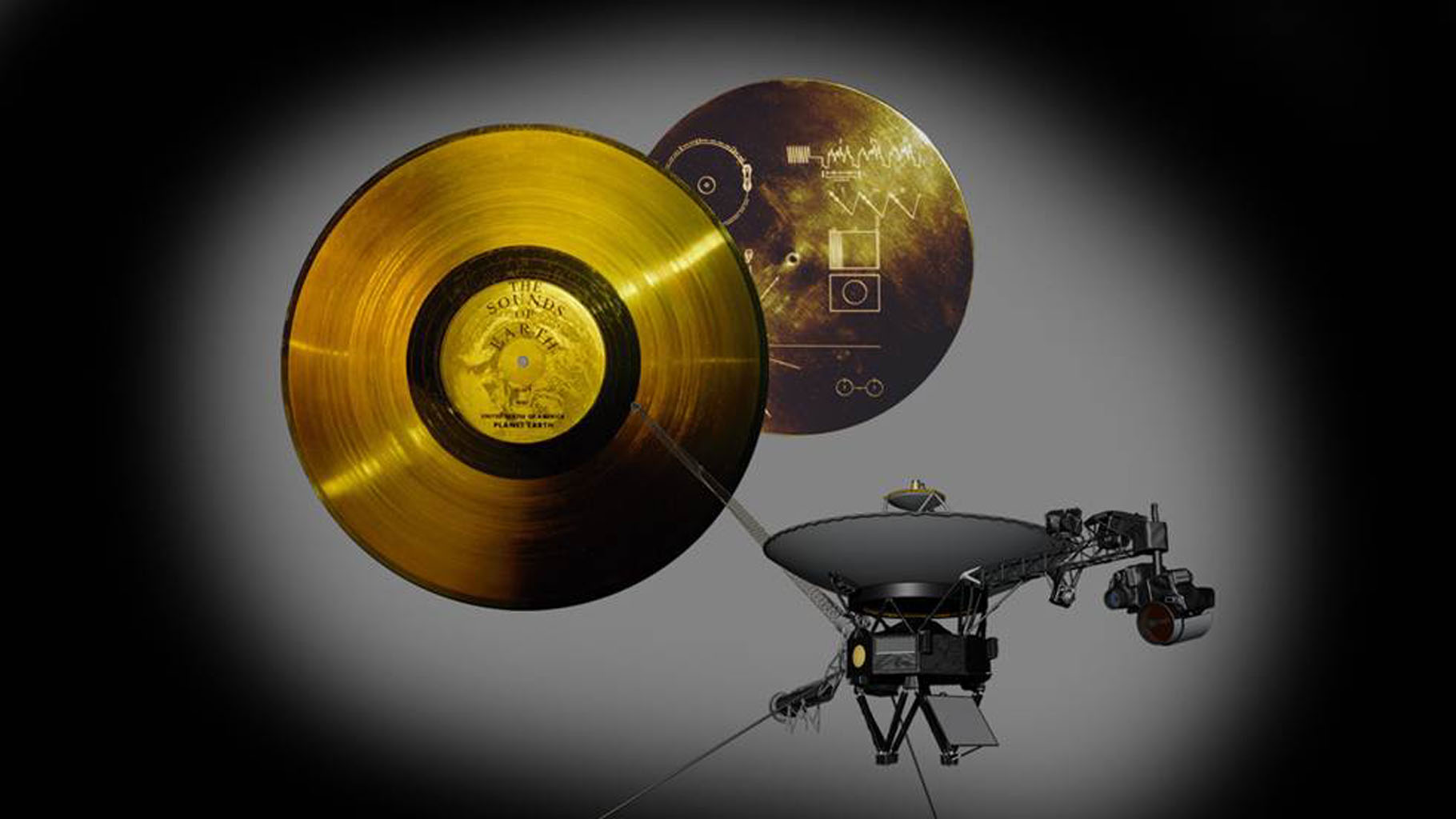Classical musics on the Voyager
 
Music From Earth - The classical musics, included on the Voyager Golden Record The Voyager Golden Records are phonograph records that were included aboard both Voyager spacecraft launched in 1977. The records contain sounds and images selected to portray the diversity of life and culture on Earth, and are intended for any intelligent extraterrestrial life form, or for future humans, who may find them. Those records are considered as a sort of a time capsule.
"Gavotte en rondeaux" from the Partita No. 3 in E major for Violin The Well-Tempered Clavier, Book 2, Prelude in C, No.1. The Well-Tempered Clavier, Book 2, Fugue in C, No.1.
String Quartet No. 13 in B flat, Opus 130, Cavatina
performed by Budapest String Quartet
The Magic Flute, Queen of the Night aria, no. 14 Choreographer, Marina Kesler |
